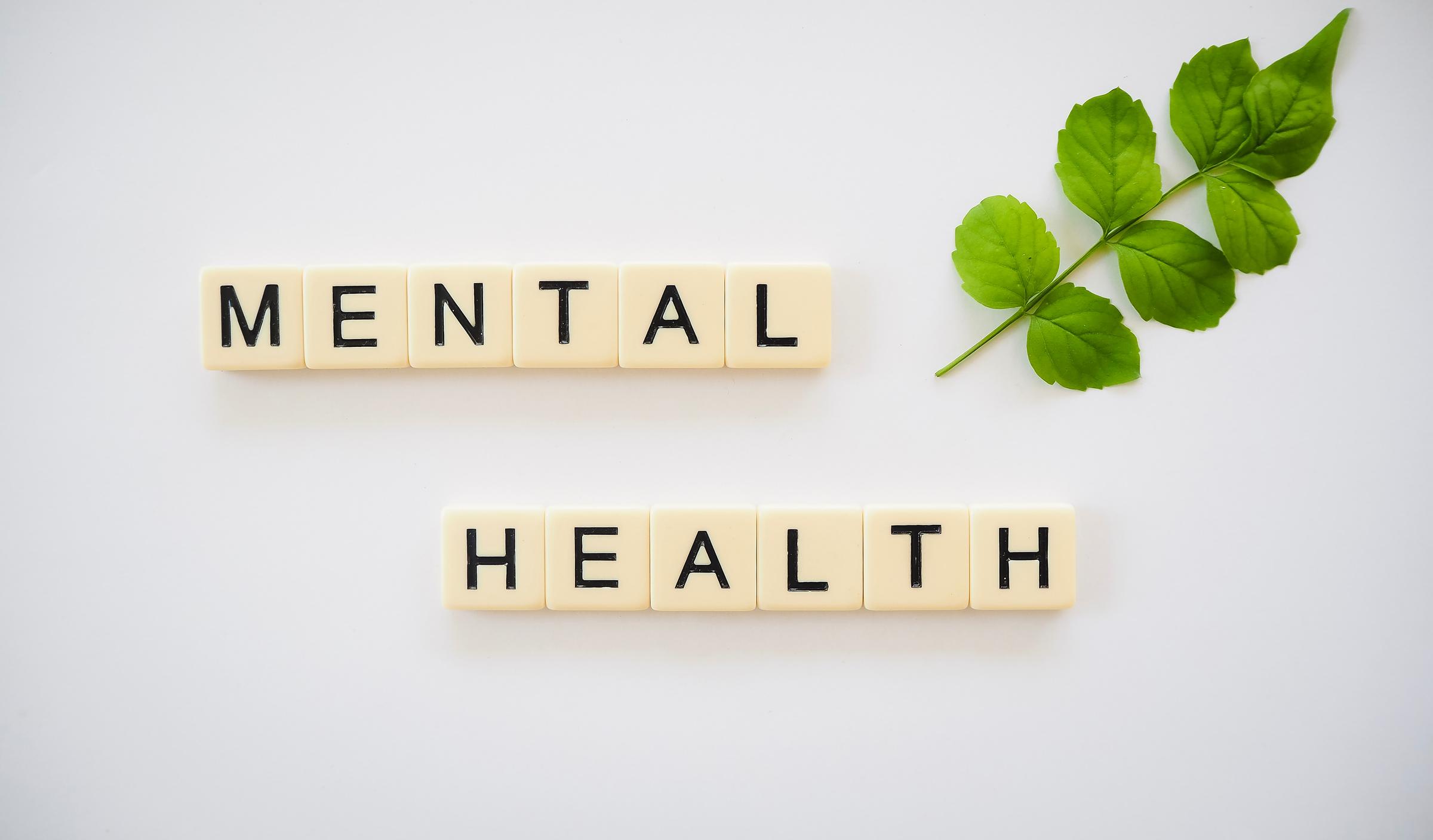Mental Health & Wellbeing Report

“A good laugh and a long sleep are the two best cures for anything.” – Irish Proverb
Dear Parents and Carers,
How do you feel when you are lacking sleep? Even as adults we can become cranky when we have not had enough sleep so imagine what it is like for a child who is still learning to manage their emotions. A good night’s sleep is vital for everyone’s mental health and wellbeing.
The importance of sleep
Students should get the proper amount of sleep at night to help stay focused, improve concentration, and improve academic performance. Children and adolescents who do not get enough sleep have a higher risk for many health problems, including obesity, type 2 diabetes, poor mental health, and injuries. Poor sleep is also linked to physical problems such as a weakened immune system and mental health problems such as anxiety and depression. There is a close relationship between sleep and mental health. Living with a mental health problem can affect how well you sleep, and poor sleep can have a negative impact on your mental health.
Tips for getting a better night’s sleep
1. Try to go to bed to sleep and wake up at the same time every day (even on the weekends!)
2. Do not eat too late in the evening
3. Take a relaxing bath or shower
4. Exercise during the day
5. No screens in bed!
The importance of routine
Predictable, repetitive routines have been proven to be calming and help reduce anxiety. This is partly because they give you a sense of control over your day, and that then expands out into feeling in control of your life. There is also a sense of relief in achieving everything you need to do, which in turn reduces anxiety and stress. It is the same for our kids – they thrive on routine whether it be at school, at home and even around bedtime.
Tips for getting your child into a healthy sleep routine
1. Set up a bedtime routine by keeping regular sleep and wake time
2. Relax before bedtime
3. Make sure your child feels safe at night
4. Check noise and light in your child’s bedroom - turn off devices at least one hour before bedtime, keep screens out of your child’s room at night
5. Eat the right amount at the right time. Avoid energy and fizzy drinks, chocolate and caffeine just before bedtime
Remember to praise your child when you notice they are trying to make changes to their sleep patterns or are trying out a new routine.
Kind Regards,
Vanessa Moore
Mental Health and Wellbeing Coordinator (MHWC)


